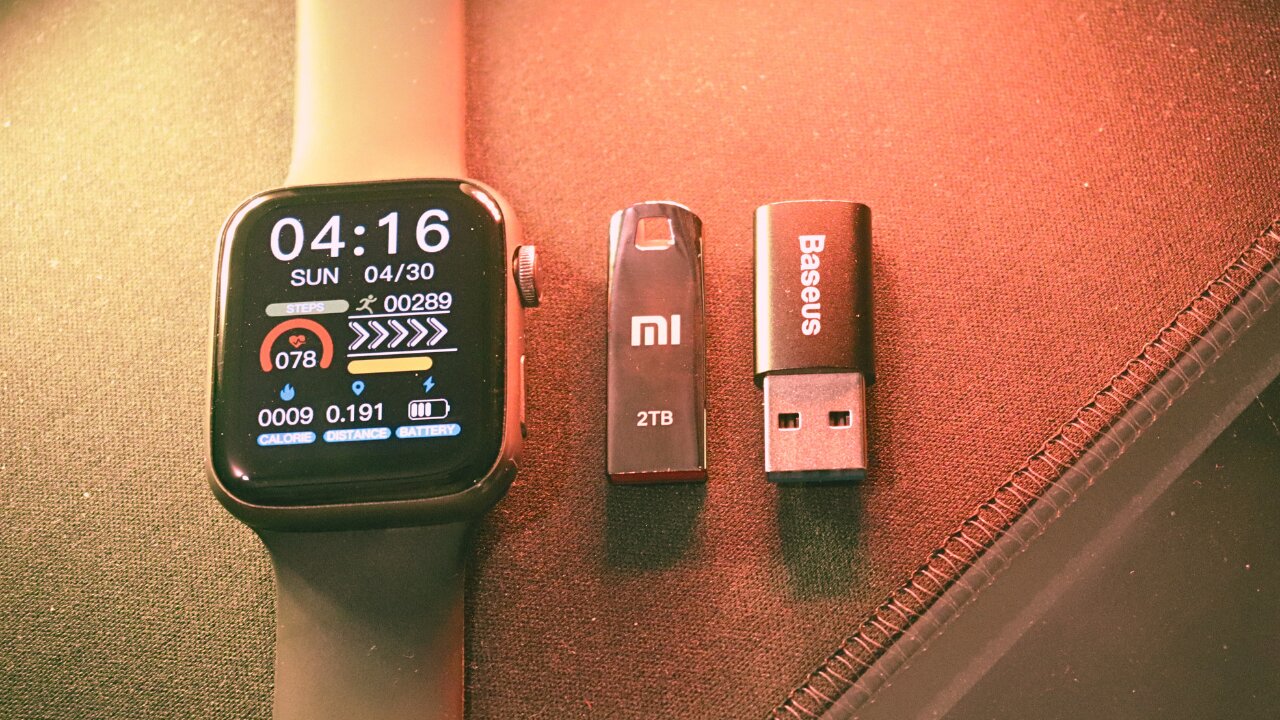Premium Only Content

Time Management for efficiency
Time management is the process of planning and organizing your tasks and activities in a way that allows you to be more productive, efficient, and effective with your time. Effective time management can help you achieve your goals, reduce stress, and maintain a better work-life balance. Here are some key principles and tips for improving your time management:
Set Clear Goals:
Define your short-term and long-term goals. Knowing what you want to achieve will help you prioritize your tasks.
Prioritize Tasks:
Identify your most important and urgent tasks. Use tools like the Eisenhower Matrix to categorize tasks into four quadrants: urgent and important, important but not urgent, urgent but not important, and neither urgent nor important.
Create a To-Do List:
Make a daily or weekly to-do list that includes the tasks you need to accomplish. Be realistic about what you can achieve in a given timeframe.
Plan Your Day:
Allocate specific time slots for different tasks. Consider your energy levels and work on important tasks during your peak hours.
Use Time Management Techniques:
Explore time management techniques like the Pomodoro Technique (working in focused intervals with short breaks), time blocking (dedicating blocks of time to specific tasks), or the 2-minute rule (if a task takes less than 2 minutes, do it immediately).
Avoid Multitasking:
Focus on one task at a time. Multitasking can decrease productivity and lead to errors.
Set Deadlines:
Establish deadlines for tasks and projects to create a sense of urgency and accountability.
Eliminate Distractions:
Identify common distractions and minimize them. This may include turning off notifications, closing unnecessary tabs or apps, and creating a clutter-free workspace.
Learn to Say No:
Don't overcommit yourself. Politely decline additional tasks or responsibilities when your plate is already full.
Delegate:
If possible, delegate tasks to others who are capable of completing them. Delegation frees up your time for more important responsibilities.
Use Technology:
Utilize productivity tools and apps such as calendars, task managers, and project management software to help you stay organized.
Review and Reflect:
Regularly review your progress and adjust your time management strategies as needed. Learn from your successes and failures.
Take Breaks:
Short breaks throughout the day can help refresh your mind and prevent burnout.
Practice Self-Care:
Ensure you get enough sleep, eat well, and engage in regular physical activity. A healthy body and mind are essential for effective time management.
Be Flexible:
Unexpected events can disrupt your plans. Be adaptable and adjust your schedule when necessary.
Remember that effective time management is a skill that takes practice and continuous improvement. By implementing these strategies and finding what works best for you, you can make better use of your time and achieve your goals more efficiently.
-
 17:04
17:04
T-SPLY
15 hours agoCongresswoman DENIED By Judge To Drop Federal Assault Charges!
60210 -
 10:46
10:46
China Uncensored
16 hours agoHasan Piker Finds Out the Hard Way...
3.75K15 -
 59:40
59:40
American Thought Leaders
13 hours agoHe Said No to Billions from China. Now They’re After Him | Declan Ganley
3.37K1 -
 4:58
4:58
GreenMan Studio
12 hours agoTHE RUMBLE COLLAB SHOW EP.4 W/Greenman Reports
1.63K2 -
 8:05
8:05
Freedom Frontline
15 hours agoAOC DISRESPECTS Byron Donalds And Gets DESTROYED Immediately
2121 -
 11:53
11:53
GBGunsRumble
13 hours agoGBGuns Range Report 15NOV25
582 -
 21:37
21:37
Forrest Galante
8 hours ago6 Deadly Sea Monsters That Actually Exist
83.5K2 -
 8:10
8:10
MattMorseTV
15 hours ago $10.65 earnedDemocrats caught COLLUDING with Epstein.
15.1K38 -
 LIVE
LIVE
Lofi Girl
3 years agolofi hip hop radio 📚 - beats to relax/study to
736 watching -
 43:24
43:24
ThisIsDeLaCruz
1 day ago $7.62 earnedWhat Fans Never Knew About Falling In Reverse’s Guitarist
24.6K